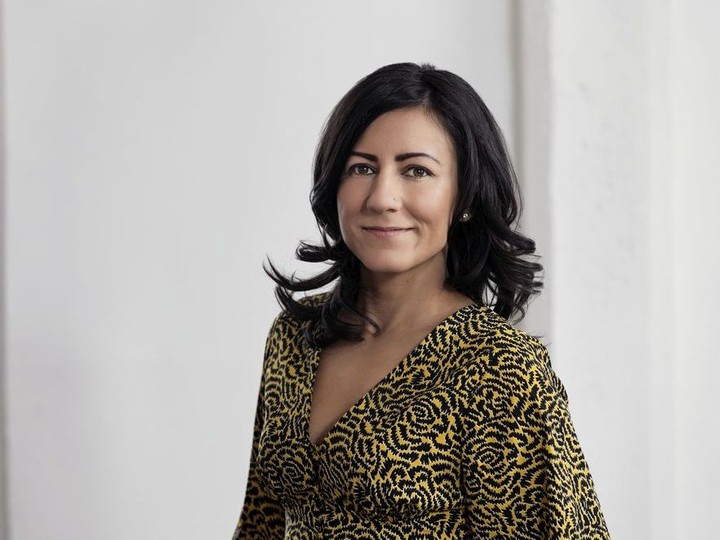robbins: how to cope amid covid-19 induced anxiety
by jody robbins raise your hand if you’re feeling a bit...

resist spending a a lot of time on social media as it increase a sense of isolation and anxiety. getty images/istockphoto
ddurrich
/
getty images/istockphoto
by jody robbinsraise your hand if you’re feeling a bit panicked right now. glad i’m not alone. covid-19 is like nothing we’ve seen in recent times and that uncertain feeling is, unfortunately, our new normal.calgary has been through hard times before, most recently during the flood of 2013. the difference is, we knew the food waters would soon recede, but there’s no endpoint for this pandemic or knowing what’s on the other side.while the majority of us don’t have the physical symptoms of covid-19, many are struggling with the mental load of it. so how can we reduce feelings of anxiety?because we have no control over what’s happening to us externally, dr. robbie babins-wagner, ceo of calgary counselling centre, recommends we look to what we do have control over.“think about what you can replicate in your life that allows you some sense of control of what you’re doing. if you can’t get to the gym, think about how else you can get your exercise in,” she says.

connecting in a time of social distancing
humans are social creatures, and social distancing doesn’t have to mean social isolation. salima stanley-bhanji, ceo of humainologie, a calgary not-for-profit that aims to spread empathy and increase human inclusion through programming, art and film, suggests we connect with others via technology but cautions using text.“we normally enjoy social activities by connecting with others face to face. that’s been limited, but if we resort to text, we could be in a position to feel more isolated — especially if you’re a single parent or living alone. texting isn’t an effective way of having meaningful social interaction — we need to get on facetime,” she urges.stanley-bhanji recommends those with more social support reach out to those who may be more vulnerable to recreate that face to face contact we’ll all be lacking over the next while. babins-wagner echos this.“realize you’re not alone. everybody is dealing with this. use whatever tools you have to stay connected with others. connecting with friends and relatives in different cities can give you perspective, as what they’re going through may be different.”be conscious of media consumption
the temptation to spend increased time on social media in place of going out with friends is all too real. but social media tends to leave many of us feeling inadequate at the best of times, let alone during a world crisis.“just as we know it’s not healthy to binge on a litre of coke and candy, we ought to take care of our social media diet. be aware of how social media makes you feel, realizing the potential for receiving misinformation from disreputable sources, which can lead to unnecessary levels of stress,” cautions stanley-bhanji.it’s never been more important to be mindful of how we consume media and setting some structure around it. there’s important information to receive, but we all know how easy it is to get sucked into that rabbit hole. limiting the time and frequency we’re checking our media channels is a healthy move to make as is increasing other activities to boost our mental health.now is an opportunity to replace the time we spent socially with activities that are nurturing for us. could you start stretching? how about downloading a meditation app or discovering some new music? when’s the last time you picked up a novel or did something helpful for someone else?amid all this uncertainty are opportunities to find not only a sense of connectedness but purpose. finding that purpose is something we do have control over, and is one of the best way to help ourselves — and those around us.how to help and get help
- call 403-691-599 or visit: calgarycounselling.com to arrange an online or telephone counselling session. or call the distress centre’s 24-hr crisis line: 403-266-4357.
- free resources are available through anxietycanada.com
- to help others, visit the yyc covid-19 volunteers facebook group
- check out an online community of artists showcasing their work: socialdistancingfestival.com
 3 minute read
3 minute read





